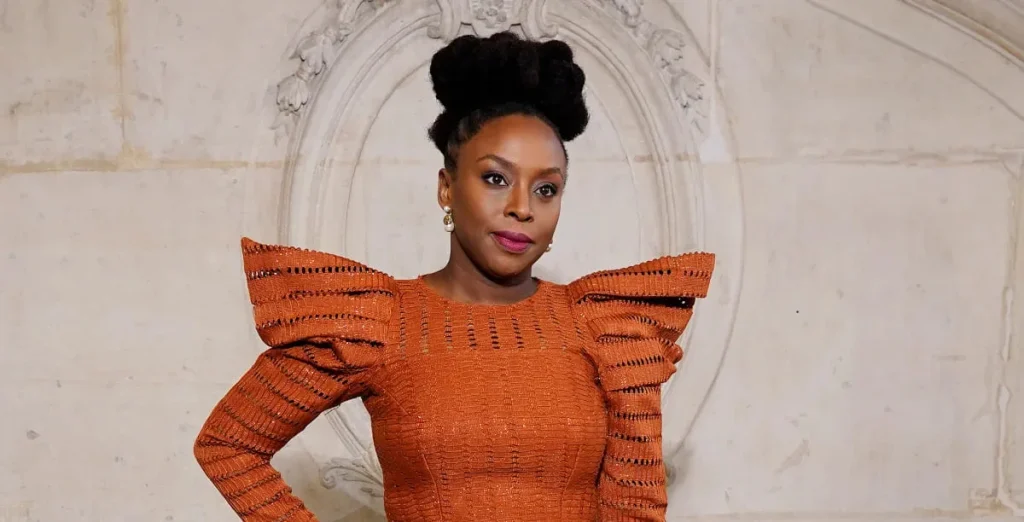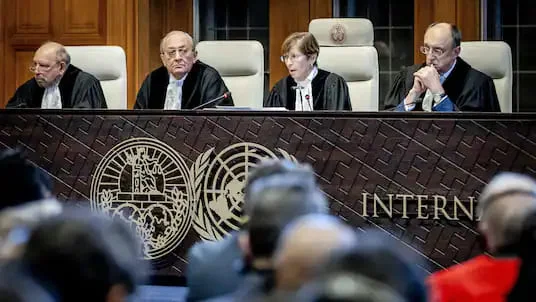What defines true cybersecurity innovation? It isn’t merely the creation of stronger passwords, smarter algorithms, or more sophisticated firewalls. It lies in the ability to anticipate danger before it materializes and to understand that every piece of data carries both promise and peril.
In 2020, the Future Tech Excellence Award recognized one of the few professionals who embody this vision of cybersecurity as a discipline of foresight, ethics, and resilience. That professional was Kachi Odiniwe, recipient of the Cyber Innovator Award, celebrated for her impactful leadership in shaping the future of digital protection across Africa and beyond.
Her path into the industry was a story of curiosity meeting conviction. She began her career as a systems engineer, building network infrastructures for financial institutions and public agencies. But what captured her imagination was not just how systems connected; it was how easily they could be broken. Each vulnerability she discovered told a story about human behavior, system design, and the invisible interplay between technology and trust. It was this fascination that marked her career where she quickly became known for her precision, strategic thinking, and uncanny ability to see patterns others overlooked.
By the time she led the cybersecurity division of a major African fintech company in 2020, her reputation for innovation was well-established. Under her leadership, the company developed a next-generation intrusion detection framework powered by machine learning. The system not only recognized anomalies but learned from them, evolving in real time to match the tactics of emerging cybercriminals. Within a year of implementation, cyber incidents dropped by over 60%, fraud attempts were intercepted before execution, and downtime related to security breaches was virtually eliminated.
The Cyber Innovator Award was created to honor professionals who transform cybersecurity from a technical necessity into a strategic advantage. Kachi’s work exemplified that transformation. She championed the idea that security must not live in isolation but it should be a shared organizational responsibility.
Beyond her corporate achievements, her contributions to the broader system cemented her as a thought leader. She founded community-driven initiatives that trained young professionals in cyber defense, cloud security, and ethical hacking. Her initiative became a platform where undergraduates and early-career technologists gained practical exposure to real-world threats. Several of its alumni have since joined top technology firms and government agencies, extending the reach of her mentorship far beyond what any single organization could achieve.
The world’s abrupt migration to remote work introduced new vulnerabilities from unsecured networks to cloud misconfigurations that tested the preparedness of every organization. Her approach stood out because it went beyond reactive defense. She emphasized resilience engineering by designing systems that adapt, recover, and evolve after every incident.
Equally remarkable was her insistence on ethics and transparency at a time when cybersecurity was increasingly intertwined with privacy and governance debates. Her work aligned local practices with global data protection laws like GDPR and Nigeria’s NDPR, setting new benchmarks for compliance in emerging markets.
The judging panel described Kachi as “a leader who turns uncertainty into opportunity.” They cited not only her technical ingenuity but her ability to communicate complex cybersecurity concepts with clarity and conviction.
Her recognition in 2020 was more than an individual milestone; it was symbolic of a turning point for African cybersecurity leadership. It showed that the continent’s innovators were not merely adopting global solutions but creating them as solutions built from local realities, informed by cultural understanding, and driven by the urgency of safeguarding rapidly digitizing societies.






